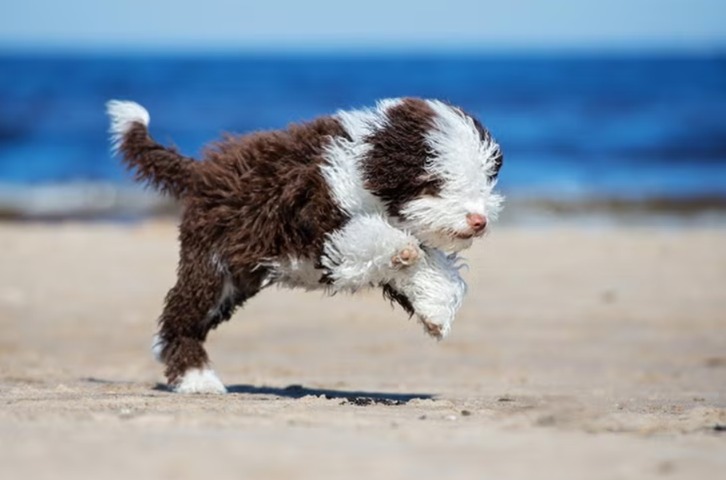
Imagine you’re out at the park. Your dog is off-leash, sniffing, chasing butterflies, rolling in grass.
Then you call: “Come!” You wait. And… nothing. Disappointment. Frustration. Maybe worry.
Because recall—the ability of your dog to come when called—isn’t just convenient; it can be lifesaving.
Thankfully, teaching your dog to reliably come when called is possible.
It takes time, fun, consistency, and the right approach. Here’s how you build recall so good you can trust it almost all the time.
What Reliable Recall Means
“Reliable recall” means when you say “Come” (or whatever cue you choose), you’re almost certain—99.99% sure—that your dog will respond enthusiastically.
Dogs aren’t robots, so absolute certainty is impossible. But what we want is consistency.
A dog that responds even when there are distractions. A dog that comes even before the treat shows up in your hand.
Reliable recall matters when you want to let your dog off leash, especially outside fenced areas.
It matters in emergencies—to get them away from danger.
But it also lets you relax and enjoy walks, hikes, or fun outings more.
Knowing you can call them back simply, without drama, is freedom—for both of you.
Beginning the Recall Training
Start low-stress. Bring out treats or a toy in a calm setting—inside the house or somewhere quiet. Show your dog the treat or toy.
When they move toward you, reward them with praise, affection, and the treat.
Then add the verbal cue, like “Come”, only when you know your dog is going your way. If you say “Come” too early, it may confuse them.
Use high-value treats—things your dog LOVES (like chicken, cheese, beef liver)—especially early on.
These rewards speak louder than anything else when you’re building good associations.
Also, work on distance gradually. Call them from across the room. Later from the yard.
Always in low distraction environments first. Don’t bring in loud noises, other dogs, or busy parks until your dog is solid.
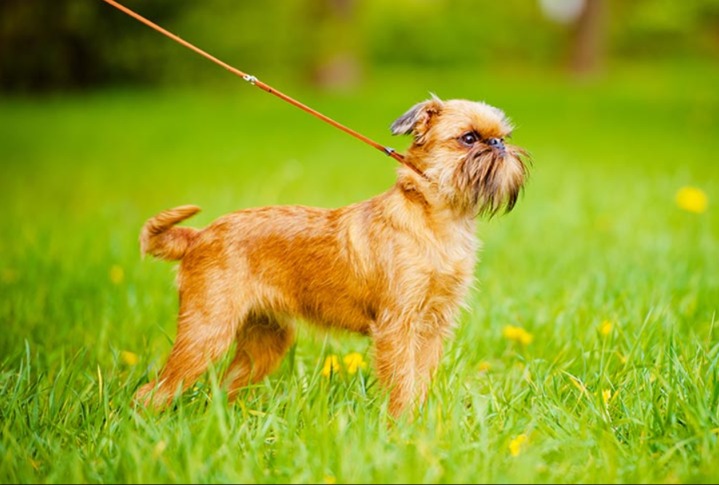
Making It a Game
Training recall doesn’t have to be boring—it should be fun. Try these:
- Catch Me: On leash, get your dog’s attention, then walk away a few steps, turn, call “Come”, reward when they catch up.
- Find Me: Hide in another room. Call them. Let them find you. Shower them with praise once they arrive.
- Hot Potato: Family or friends stand in different spots with treats. Take turns calling the dog. Every time they come, reward. It builds speed, excitement, and responsiveness.
These games reinforce that coming when called = great fun + rewards.
Pitfalls and Mistakes to Avoid
- Don’t make “Come” mean “Game over.” If every time your dog comes, the fun ends—game’s over, leash goes on, everyone leaves—your dog might learn to associate coming with something undesirable. Instead: call, reward, then release them to go back to what they were doing.
- Avoid “poisoned cues.” When you overuse your recall cue in meaningless ways—“Come… come… come!” with no follow through—you lower its power. Or when they know “come” means something they don’t want (ending playtime, etc.). If that happens, consider changing to a new word or phrase and rebuilding its meaning.
- Don’t punish your dog for late recall. Even if they took their time, came slowly, or got distracted—they still came. Praise them. Encourage. Harsh tone or punishment damages trust.
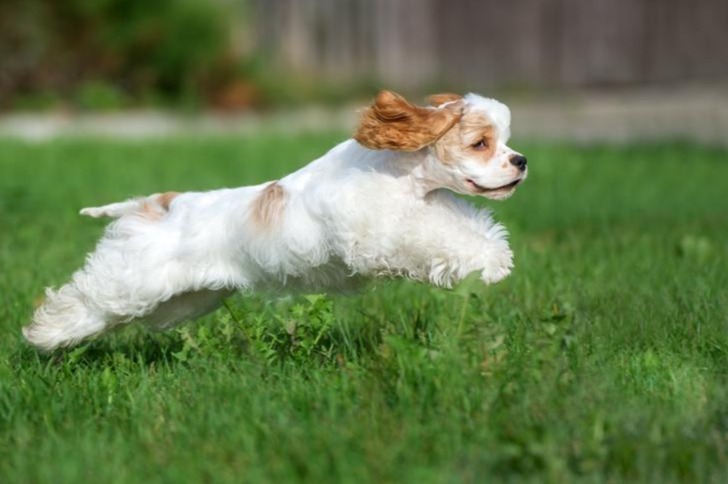
Scaling Up: Distraction & Distance
Once recall is reliable indoors, move to more distracting environments: backyard, park, friend’s yard.
Slowly increase how far away you call them, how many distractions are present.
Always use high-value rewards in these tougher situations.
Also, always adhere to local leash laws and regulations. Even a dog with great recall should be on leash where required.
Final Advice & Heart of Recall
Training reliable recall is more than teaching obedience. It’s building trust. It’s making being with you the best, most fun option.
When you call, you’re not so much issuing a command—you’re inviting your dog back to you with promise of something good: praise, treats, play.
Be patient. Be consistent. Celebrate small wins.
And always make recall feel like an opportunity rather than a chore—for you and your dog.
Because when your dog responds eagerly, joyfully, when you call, that’s the moment all the effort pays off.
That’s freedom.
That’s safety.
That’s love.
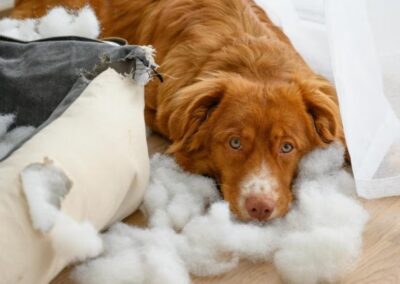
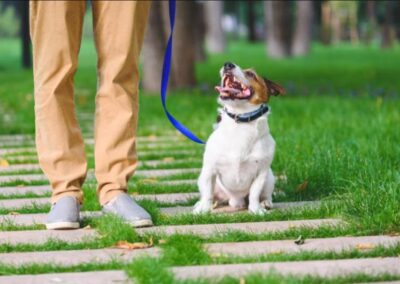
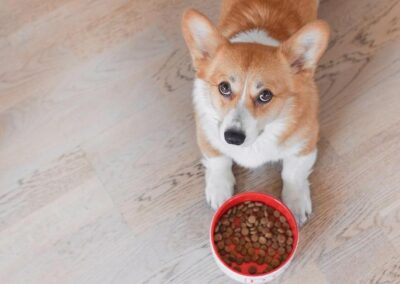

Thank you for your sharing. I am worried that I lack creative ideas. It is your article that makes me full of hope. Thank you. But, I have a question, can you help me? https://accounts.binance.com/fr/register?ref=T7KCZASX